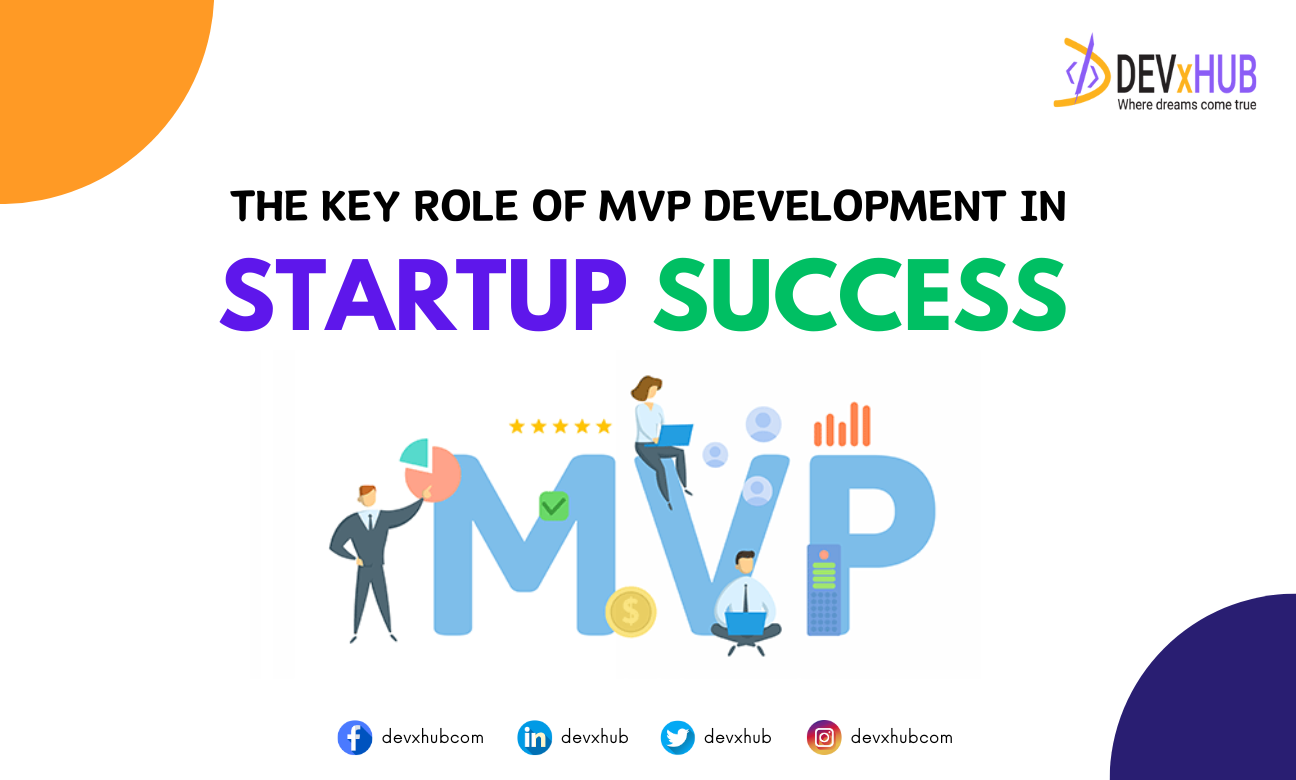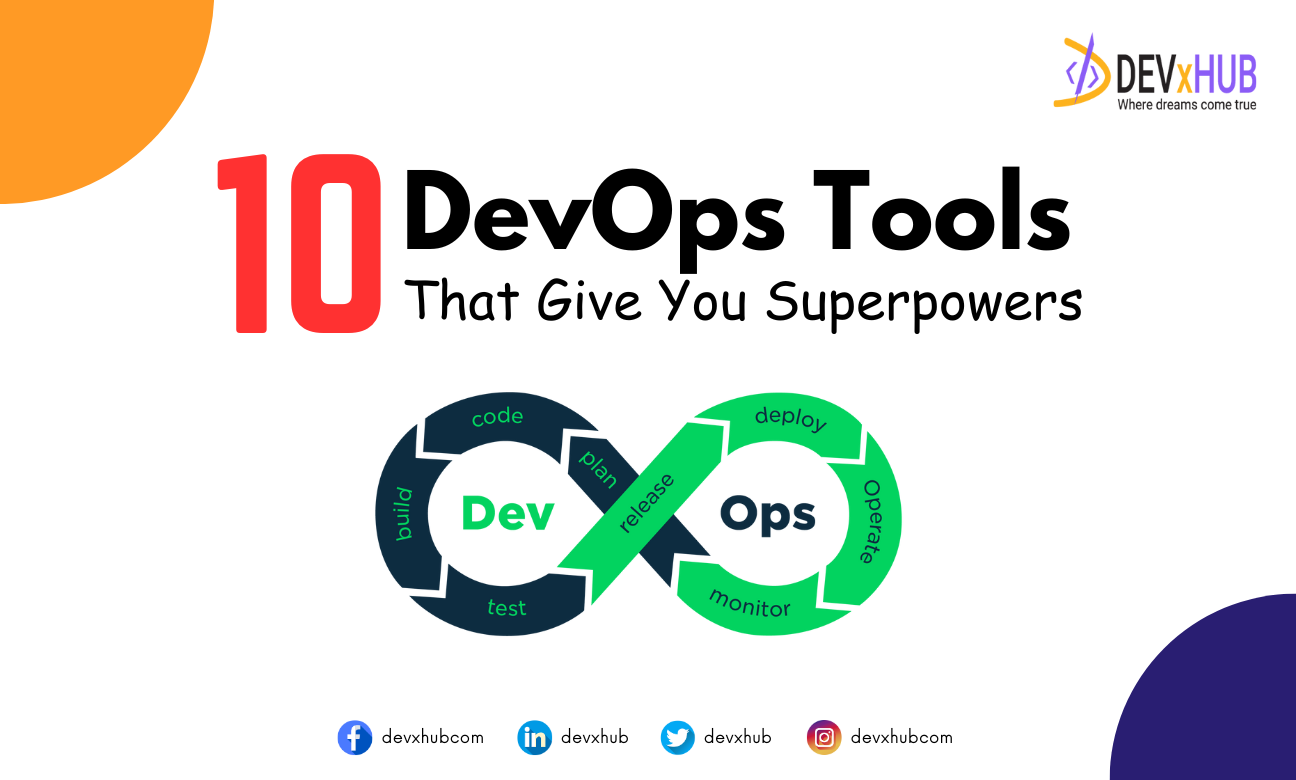Blog - The Key Role of MVP Development in Startup Success

In today's fast-paced tech landscape, MVP development is a pivotal strategy for startups aiming to transform innovative ideas into successful products. This approach tackles a common challenge by allowing startups to create basic versions of their products to test, iterate, and refine ideas efficiently.
Despite its importance, many remain unfamiliar with MVP development strategies for startups and how they aid in testing ideas before full development. This article explores the simplicity and strategy behind MVPs, facilitating a more efficient introduction of new ideas to the market.
Why MVP Development Matters for Startups:
Launching a product without knowing market reactions is risky. MVP development mitigates this risk by enabling startups to strategically enter the market, saving money, accelerating time to market, and learning from user feedback.
This article delves into the details of MVP development, guiding readers through its definition, purpose, and essential steps. It caters to those interested in starting technology-based businesses, emphasizing the significance of creating a minimum viable product for success.
Understanding MVPs:
A Minimum Viable Product (MVP) isn't just tech jargon; it's a strategic move for startups. An MVP is a basic product version designed to gauge market interest while conserving resources and time.
Successful MVPs possess key characteristics such as user-friendliness, scalability, and adaptability. By focusing on these qualities, startups lay a robust foundation for a market-ready product.
Notable MVP Examples in the Industry:
Exploring tangible successes in the technology sector, we examine instances where MVPs propelled innovations, citing early versions of Airbnb, Dropbox, and prominent mobile applications as practical examples.
Four Compelling Reasons for MVP Development in Startups:
1. Cost Efficiency:
Managing expenses is paramount for startups, and creating a minimum viable product proves instrumental in cost-saving endeavors. By prioritizing features that delight users, startups can optimize resources effectively, operating within budget constraints without compromising product quality.
2. Accelerated Time to Market:
In the fast-paced startup ecosystem, time is of the essence. MVPs expedite product delivery by swiftly introducing a functional version to consumers. This early market entry distinguishes startups from competitors and facilitates iterative improvements based on real user feedback, enhancing product appeal.
3. Business Idea Validation:
Validating business concepts is pivotal for startup success. MVPs serve as invaluable tools in this regard, allowing startups to gauge consumer interest and preferences through simplified iterations. Leveraging user feedback, startups refine their ideas, ensuring alignment with market demands for a more successful product launch.
4. Risk Mitigation and Informed Decision-Making:
Commencing a new venture entails inherent risks. MVP development mitigates these risks by enabling startups to take calculated steps early in their journey. By observing user interactions with the basic version, startups glean valuable insights for informed decision-making, minimizing the likelihood of errors and enhancing prospects for a successful product rollout.
Essential Components of MVP Development:
1. Market Research:
Market research is foundational in MVP development for startups, involving several crucial aspects:
- Identifying Target Audience: Understanding the intended user demographic ensures product alignment with consumer preferences.
- Analyzing Competitors: Studying competitors aids in devising effective strategies and fostering innovation.
- Understanding Market Trends: Staying abreast of market dynamics enables startups to adapt their offerings to evolving consumer demands.
2. Strategic Decision-Making:
Prioritizing features and planning their implementation is crucial in MVP development. This strategic approach ensures focus on key functionalities that resonate with users and meet market needs.
3. User Experience (UX) Design:
Adopting a user-centric approach and employing design thinking principles facilitate the creation of intuitive and engaging products. Choosing the appropriate technology stack and embracing agile development methodologies enhance flexibility and collaboration within the development process.
MVP Development Strategies for Startups:
1. Prototyping: Crafting the Blueprint:
Initiating the process with rough outlines and interactive prototypes allows for early user feedback and ensures alignment with user expectations.
2. Minimum Marketable Feature Set (MMFS):
Focusing on essential features that provide tangible value to users forms the cornerstone of MMFS. This approach prioritizes user satisfaction and sets the stage for market success.
3. Iterative Development: Motional Upgrade:
Iteratively refining the product based on user feedback ensures continuous improvement and adaptation to evolving market trends. This iterative approach facilitates the creation of products that exceed user expectations.
Challenges of MVP Development for Startups:
1. Resource Constraints:
Managing limited resources requires careful planning and prioritization to balance speed and quality in product development.
2. Balancing Minimalism with Functionality:
Achieving simplicity without compromising essential functionalities poses a significant challenge, necessitating thoughtful feature selection and design.
3. Managing Expectations & Communication:
Maintaining transparent and open communication fosters alignment among stakeholders and minimizes the risk of miscommunication, ensuring realistic expectations and project success.
Overcoming these challenges demands innovative solutions and adaptability, transforming obstacles into opportunities for a successful MVP launch.
Common Pitfalls in MVP Development for Startups
Feature Overload:
- A common misstep in MVP development is the inclusion of unnecessary features. While enthusiasm for new ideas is commendable, discerning what truly matters is essential. Overloading the MVP with features complicates development and detracts from its primary objective: delivering a simple, user-centric solution.
Disregarding User Feedback:
- Neglecting user input is detrimental to MVP success. User feedback serves as a guiding compass, shaping product development and ensuring alignment with user expectations. Consistently gathering and analyzing feedback enables iterative improvements that enhance user satisfaction.
Hasty Development:
- Rushing the development process is a frequent error among startups. Eager to launch quickly, some overlook crucial steps in MVP development. Methodical planning, testing, and iteration are imperative. A measured approach, despite the urge to be first to market, ensures timely delivery of a robust solution poised for success in a competitive landscape.
Lessons from Successful MVPs: Airbnb, Uber, Instagram, Facebook, and Amazon
Exemplary MVPs from industry giants underscore the efficacy of this approach. Airbnb, Uber, Instagram, Facebook, and Amazon all began with simple MVPs, leveraging user feedback to refine their offerings and scale into market leaders.
MVP development is integral for startups, facilitating efficient and cost-effective product testing, refinement, and validation. Beyond saving resources and time, it enhances funding prospects and bolsters long-term viability.
For Further Insights and Examples:
Refer to articles such as:
- "How to Build an MVP in 2024: Step-By-Step Guide + Examples" on Failory.com for a comprehensive guide with practical illustrations.
- "MVP Development for Startups: The Key to Scaling" from Eliftech.com, which explores different MVP types and their role in startup growth.
- "The Power of MVP Development: Key Lessons for Startup Success" on Xminds.com, offering valuable lessons and success stories from MVP initiatives.
Conclusion
In conclusion, our exploration of MVP development for startups emphasizes critical considerations. Strategic elements like prototyping and iterative development are paramount, while vigilance against common challenges is crucial.
To aspiring entrepreneurs, the message is clear: prioritize the creation of a minimum viable product to foster innovation and success. It's not merely a strategy but a mindset shift. As you embark on this transformative journey, delve deeper into MVP development for startups. Seek guidance if needed, as success in this dynamic landscape hinges on informed decision-making.










